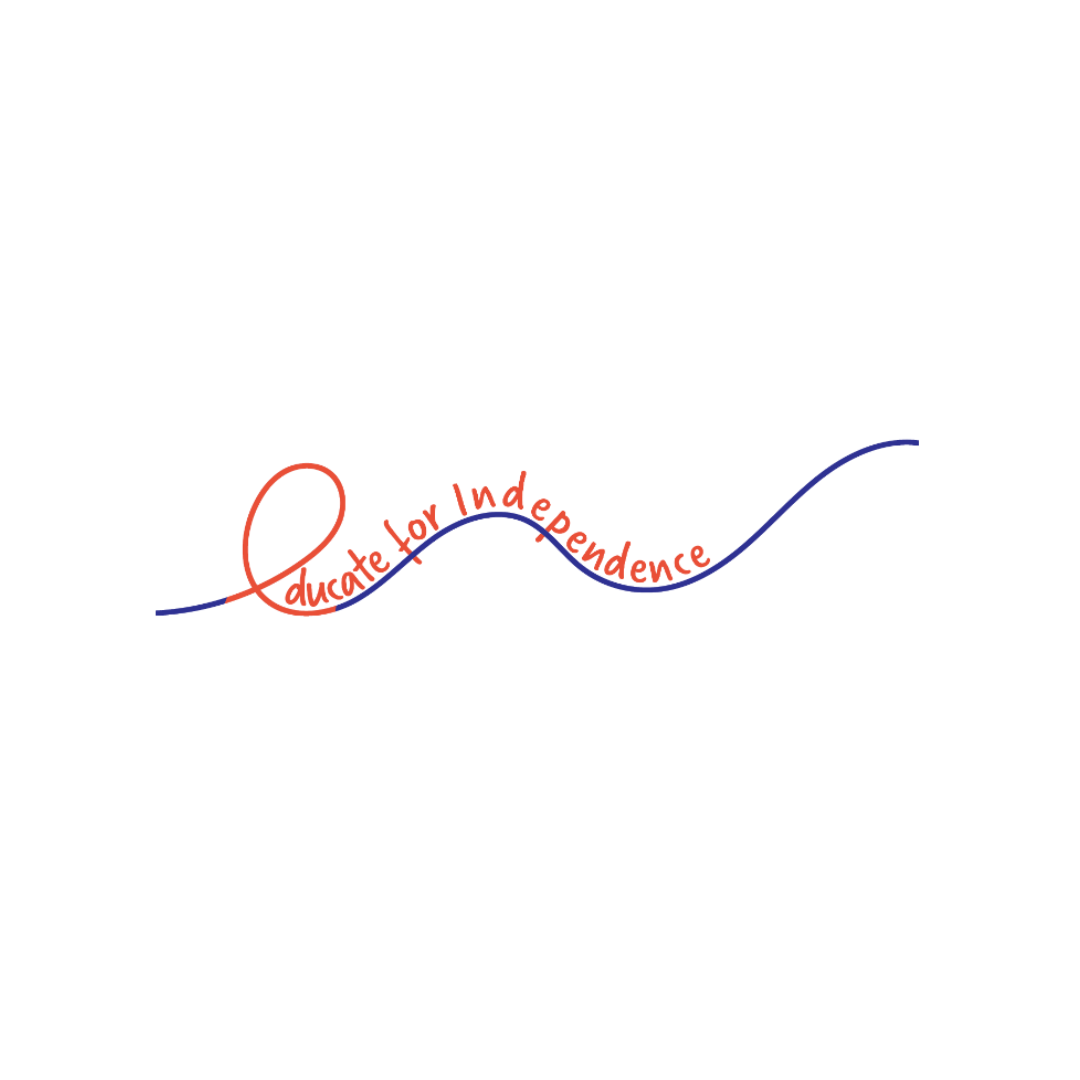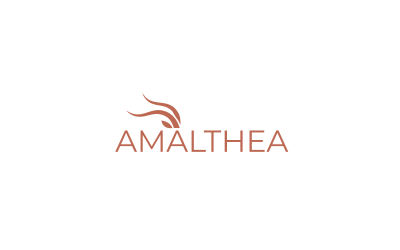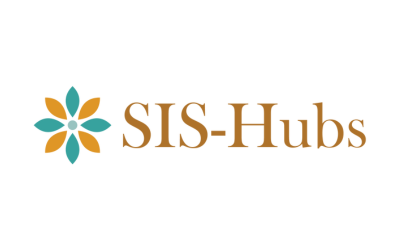Promoting autonomy and life skills of NEETs with mild to moderate intellectual disabilities through inclusive educational models, empowerment, and labour market integration supported by communities and local stakeholders.
Context
Young people aged 15–29 with mild to moderate intellectual disabilities who are not studying or working (NEETs) face significant barriers to accessing the labour market and leading an independent and fulfilling life. Rigid and standardised programmes, lack of targeted services, and cultural and social barriers contribute to their exclusion. ED4IND offers a holistic approach to strengthening autonomy and life skills, based on the experience of Local Educational Units (LEU) developed in Italy by Il Ramo and on a diffuse learning model adaptable to various European contexts.
Objectives
- Ensure the outreach of at least 200 NEETs with mild to moderate intellectual disabilities, raising their awareness of personal potential and opportunities.
- Actively involve 40 young people in Italy and Spain in personalised pathways to strengthen life skills and prepare for employment.
- Develop and test a diffuse learning model, replicable at European level, to foster personal, domestic, work-related, and relational autonomy.
- Validate and disseminate tools for skills recognition and promote job inclusion through the involvement of enterprises, local authorities, and civil society.
Activities
- Focus groups and SWOT analysis with key stakeholders (schools, social services, companies, associations) to identify needs and good practices.
- Co-creation of referral guidelines and signing of Memoranda of Understanding with local actors to support beneficiaries.
- Empowerment workshops with NEETs to strengthen self-esteem, social skills, and decision-making capacity.
- Implementation of a pilot programme in Spain and a scaling-up scheme in Italy based on the diffuse learning model.
- Awareness-raising activities with companies, public authorities, and CSOs to promote job inclusion.
- Organisation of national seminars and a final conference to share project results.
Resources
- Key Findings Report – summary of focus groups and stakeholder meetings.
- Referral Guidelines – structured procedures for referral and support of NEETs with intellectual disabilities.
- Diffuse Learning Model – a holistic educational model to promote autonomy, life skills, and social inclusion.
- Pilot and Scaling-Up Evaluation Report – assessment of pilot and scaling-up pathways in Spain and Italy.
- Toolkit – practical manual with guidance and materials for local actors, enterprises, and social workers.
Impact
- Improved life skills (personal, domestic, work-related, and relational autonomy) of NEETs with mild to moderate intellectual disabilities.
- Increased employability of beneficiaries through pilot and scaling-up pathways implemented in Italy and Spain.
- Strengthened network of stakeholders (schools, social services, CSOs, local authorities, enterprises) engaged in the inclusion of NEETs with disabilities.
- Raised awareness among companies, authorities, and the public on the importance of job inclusion and active participation of young people with intellectual disabilities.
Partners
- APG23 – Associazione Comunità Papa Giovanni XXIII (Italy, coordinator)
- Il Ramo Cooperativa Sociale (Italy)
- ABD – Asociación Bienestar y Desarrollo (Spain)
- Innovation Hive (Greece)
- InterAktion – Verein für ein interkulturelles Zusammenleben (Austria)










